Wild Strawberries (1957)
“Recently I’ve had the weirdest dreams — as if I must tell myself something I won’t listen to when I’m awake.”
|
Synopsis: |
|
Genres, Themes, Actors, and Directors:
Response to Peary’s Review: Wild Strawberries is, in essence, an elaborate “flashback film”, yet with a strategic thematic twist, given that Borg is privy to life-altering scenes he could never have seen in real life. Indeed, Bergman daringly plays with the viewer’s notion of cinematic continuity and integrity in a way that audiences at the time found either frustrating or thrilling (Bosley Crowther of the New York Times, for instance, referred to the film as “so thoroughly mystifying that we wonder whether Mr. Bergman himself knew what he was trying to say”.) Peary, however, argues in retrospect that “rather than being as intimidating as later Bergman films, [Wild Strawberries] is simple enough on the surface for viewers to have the energy to dig for the inner meanings and complexities” — and it’s certainly the best film to introduce to budding film fanatics interested in exploring Bergman’s esteemed oeuvre. Redeeming Qualities and Moments:
Must See? Categories
(Listed in 1001 Movies You Must See Before You Die) Links:
|
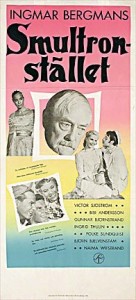
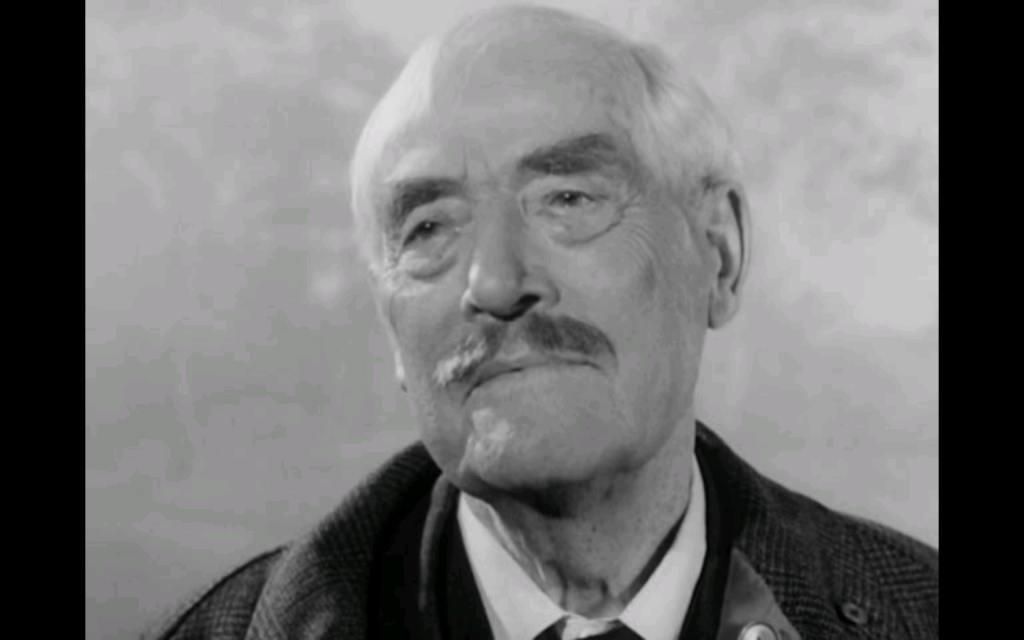
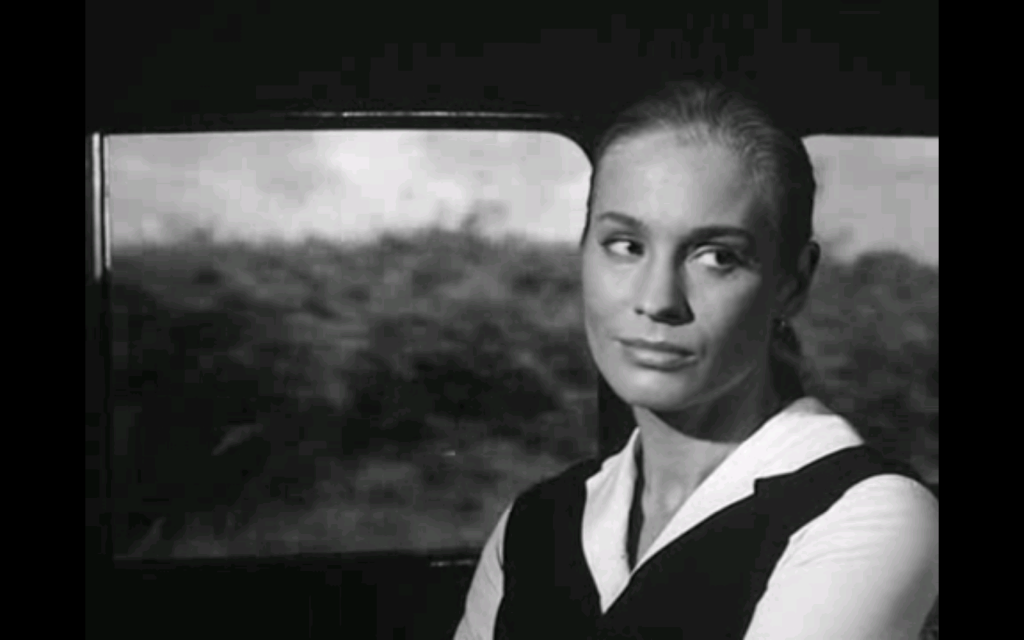
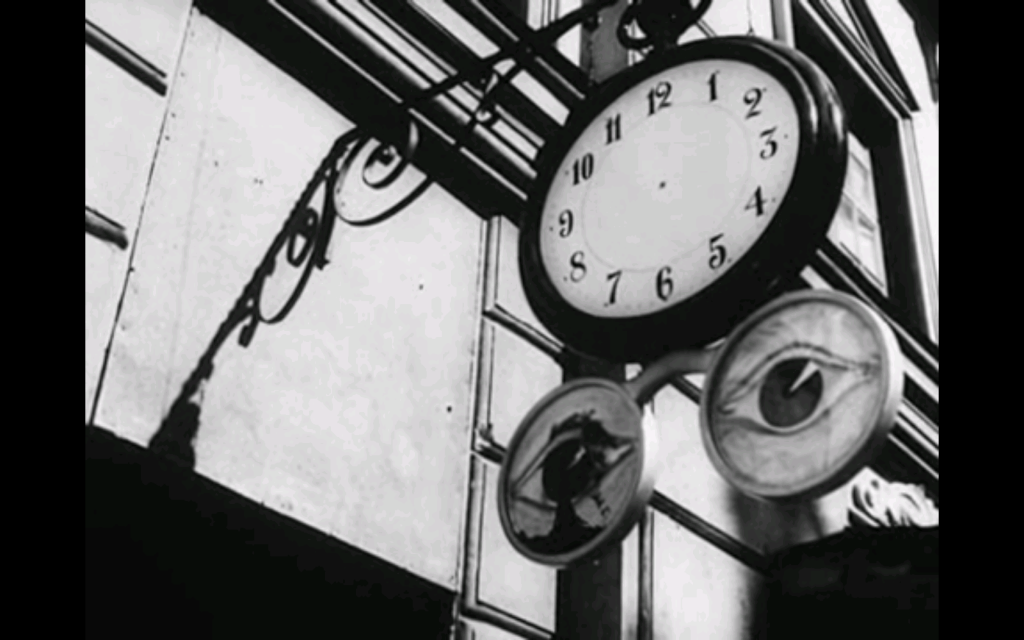
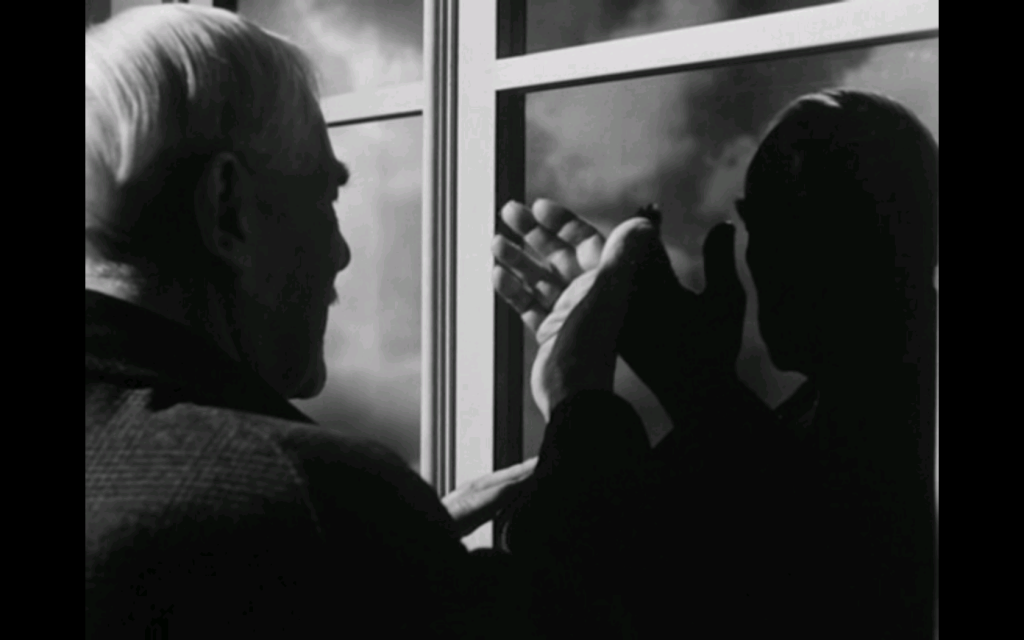
One thought on “Wild Strawberries (1957)”
An absolute must! An essential!
For a change, I’m giddy in agreement with Peary’s remarks about it; he gets it perfectly right. On the other hand, the quoted Crowther kind of comes off like an idiot. What formula movie in his mind was *he* watching?
This may very well be the first Bergman film I saw, when I was a mere ff of 12. It was at that time I was cast as one of the children in a production of Lillian Hellman’s ‘Watch on the Rhine’, which was to be performed at Lafayette College in Pa. For the several years that I made the college my playground, I enjoyed Friday and Saturday nights there especially. On those nights, classic films were shown for free. One night, American films; the other night, foreign. That was how I really fell in love with what film can be. Many of the major directors at the time were represented by widely recognized titles. What an experience to see ‘Wild Strawberries’ when I was that impressionable!
Over the years, I’ve seen it many times. It’s a movie I’ve not grown tired of revisiting. It may be only an hour and a half but is it packed! And the time just seems to fly.
The film opens with this statement from the protagonist in narration: “In our relations with other people, we mainly discuss and evaluate their character and behavior. That is why I have withdrawn from nearly all so-called relations. This has made my old age rather lonely.”
The film then goes on to be a riveting chronicle of character and behavior. Through that, the main character loses his loneliness.
Bergman’s films, on the whole, are probably much-loved by people with a leaning toward depression. When I was a teen, I could relate in that way. However, though many might lump ‘WS’ in with the majority of Bergman’s dark films (and, in many ways, it *is* dark), I find that quality in the film easily trumped by an underlying optimism. Or, if not actual optimism, a willingness to break through darkness into light. It is largely a meditative film about willingness to explore the souls of others and willingness to understand – and, if necessary, to forgive.
The film has not a single wrong note. Masterfully realized in each element, it is by turns sad and joyous. Not only is it among Bergman’s finest…it is also one of the most memorable films I’ve ever seen.